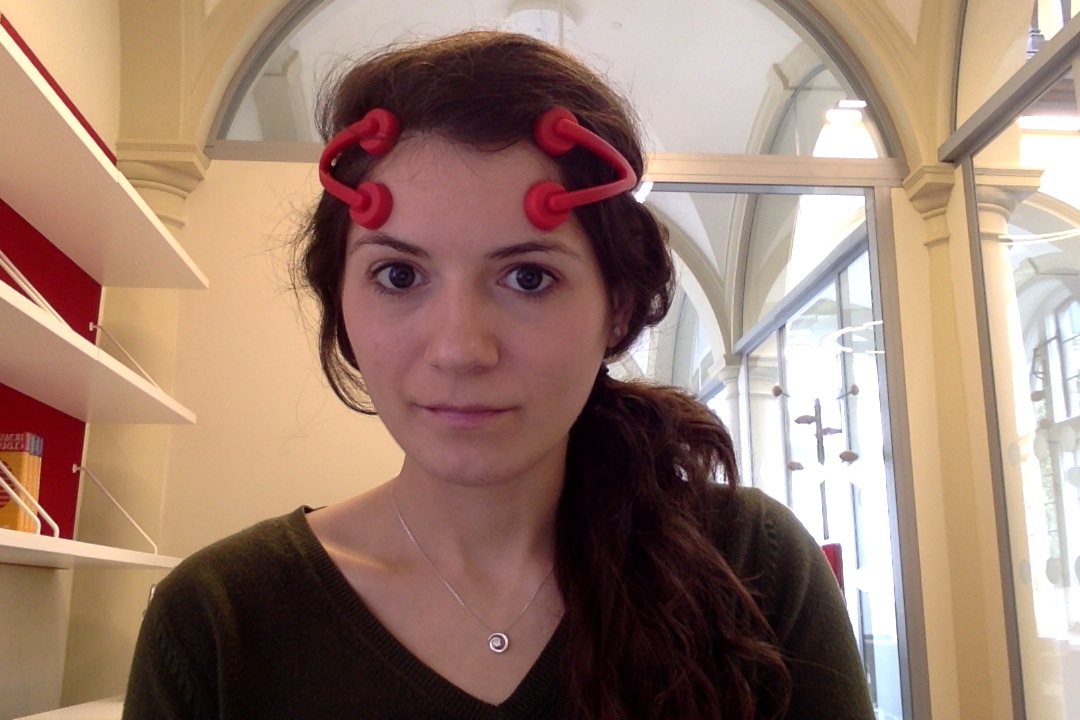Horizon 2020 and The Role of Lay People’s Perspectives in Bioethical Reasoning
By Kimberly Schelle & Nadira Faulmüller
Horizon 2020, the European Union’s 2014-2020 largest research programme ever, includes the call to pursue ‘Responsible Research and Innovation’ (RRI). RRI stands for a research and innovation process in which all societal actors (e.g. citizens, policy makers, business and researchers) are working together in the process to align the outcomes with the values, needs, and expectations of the European Society. In a recently published paper on the importance of including the public and patients’ voices in bioethical reasoning, the authors describe, although in other words, the value of the RRI approach in bioethical issues:
“A bioethical position that fails to do this [exchange with the public opinion], and which thus avoids the confrontation with different public arguments, including ones perhaps based in different cultural histories, relations and ontological grounds […], not only runs the risk of missing important aspects, ideas and arguments. It also arouses strong suspicion of being indeed one-sided, biased or ideological—thus illegitimate.”
Read More »Horizon 2020 and The Role of Lay People’s Perspectives in Bioethical Reasoning


